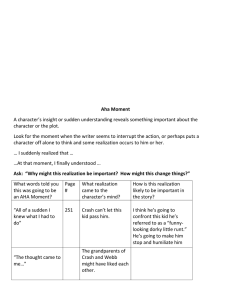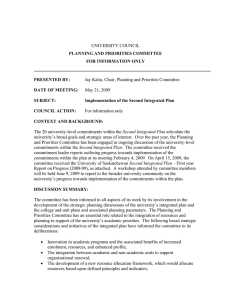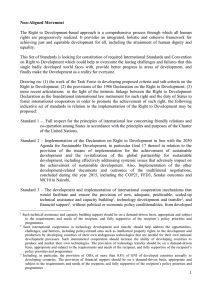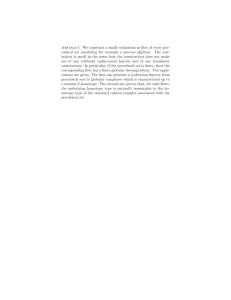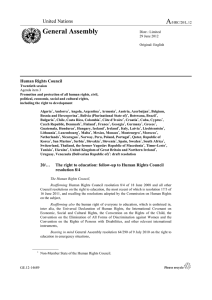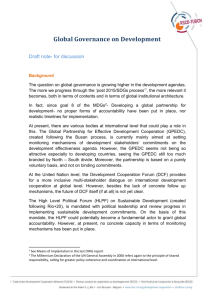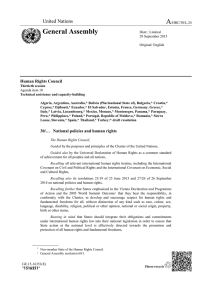F2009 - International Disability Alliance
advertisement
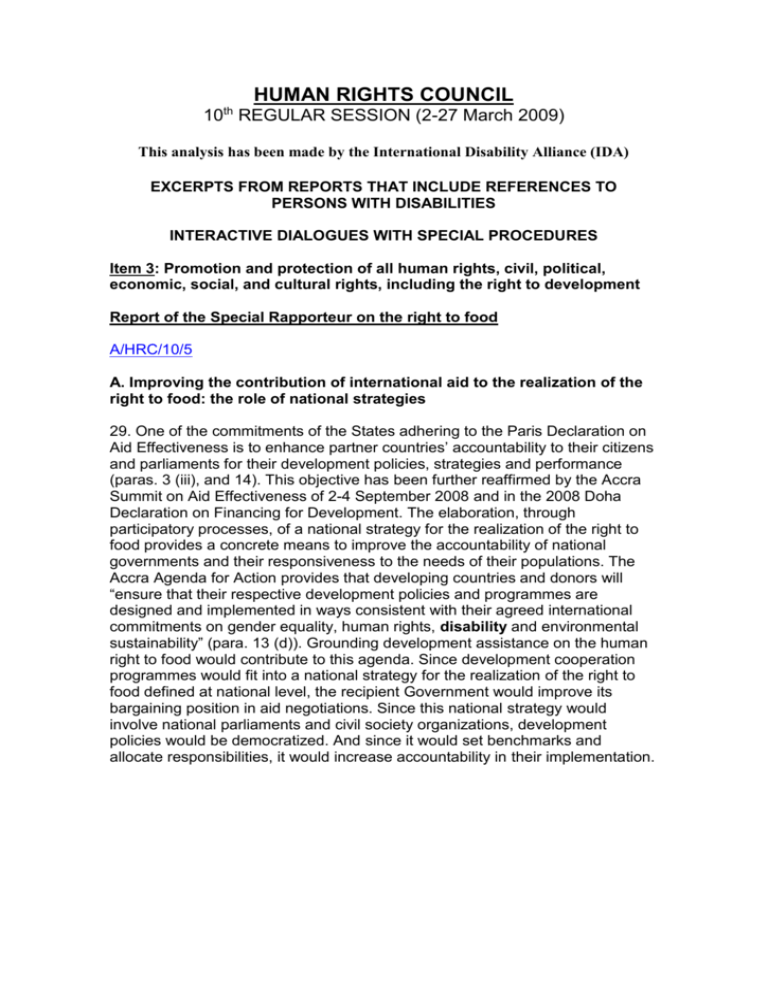
HUMAN RIGHTS COUNCIL th 10 REGULAR SESSION (2-27 March 2009) This analysis has been made by the International Disability Alliance (IDA) EXCERPTS FROM REPORTS THAT INCLUDE REFERENCES TO PERSONS WITH DISABILITIES INTERACTIVE DIALOGUES WITH SPECIAL PROCEDURES Item 3: Promotion and protection of all human rights, civil, political, economic, social, and cultural rights, including the right to development Report of the Special Rapporteur on the right to food A/HRC/10/5 A. Improving the contribution of international aid to the realization of the right to food: the role of national strategies 29. One of the commitments of the States adhering to the Paris Declaration on Aid Effectiveness is to enhance partner countries’ accountability to their citizens and parliaments for their development policies, strategies and performance (paras. 3 (iii), and 14). This objective has been further reaffirmed by the Accra Summit on Aid Effectiveness of 2-4 September 2008 and in the 2008 Doha Declaration on Financing for Development. The elaboration, through participatory processes, of a national strategy for the realization of the right to food provides a concrete means to improve the accountability of national governments and their responsiveness to the needs of their populations. The Accra Agenda for Action provides that developing countries and donors will “ensure that their respective development policies and programmes are designed and implemented in ways consistent with their agreed international commitments on gender equality, human rights, disability and environmental sustainability” (para. 13 (d)). Grounding development assistance on the human right to food would contribute to this agenda. Since development cooperation programmes would fit into a national strategy for the realization of the right to food defined at national level, the recipient Government would improve its bargaining position in aid negotiations. Since this national strategy would involve national parliaments and civil society organizations, development policies would be democratized. And since it would set benchmarks and allocate responsibilities, it would increase accountability in their implementation.
